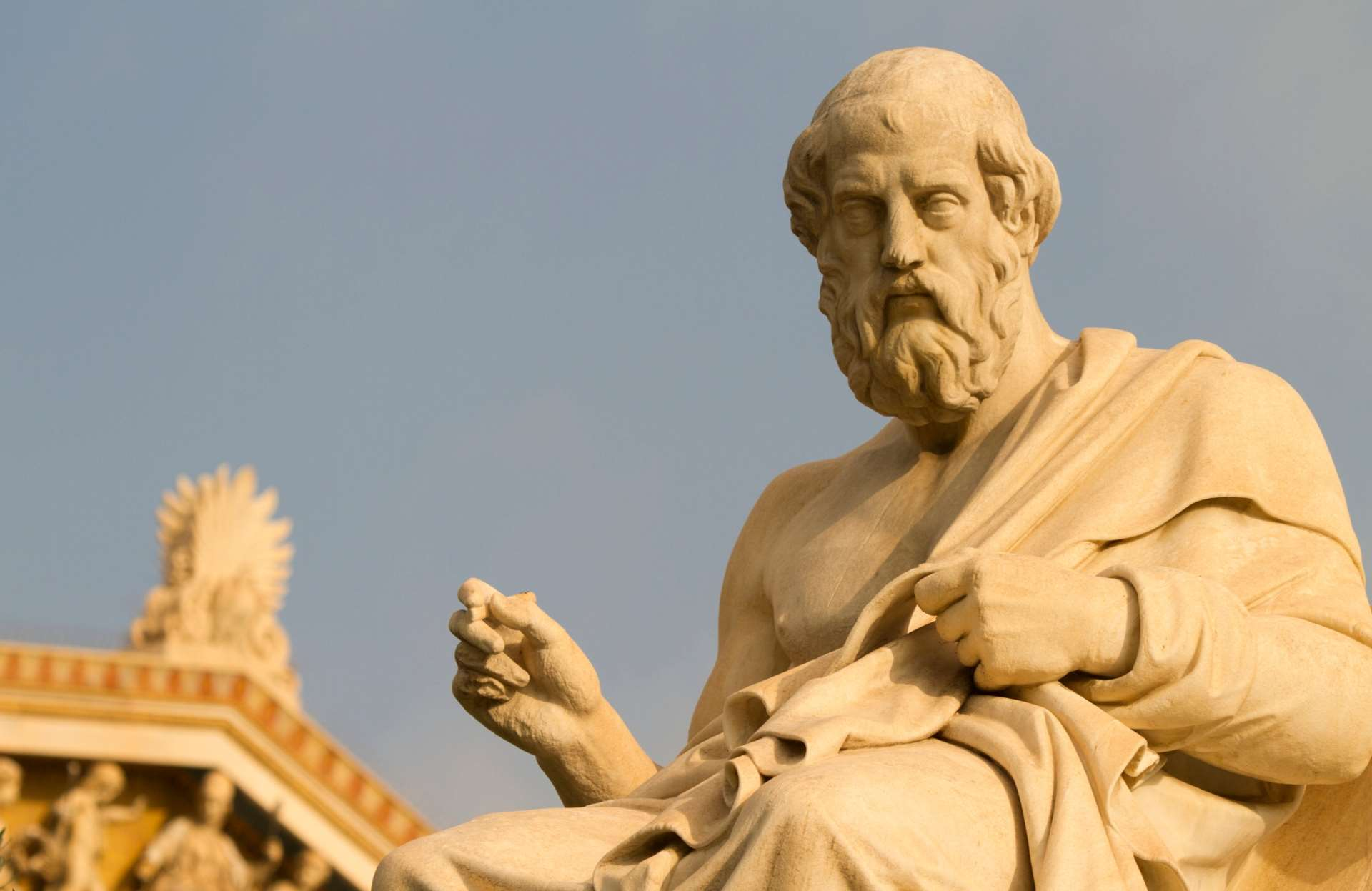In ancient Greece, elderly people were held in esteem. However, life was not easy for old people during ancient times. They often relied on wealth and support from their sons to have a comfortable life in their later years. If an elderly person was of lesser means or did not have any children, then he or she had to live in pitiable conditions until their death.
Philosophers’ Interest in Mental Condition
The medical professionals in ancient Greece had little interest in the elderly people of the state. The philosophers, on the other hand, showed some interest in the mental condition of the old people. This is because many of them lived to a great age. The great Roman orator and politician Cicero wrote a dialogue on old age, the De Senectute, shortly before he was murdered at the age of 62. His work drew heavily from Greek philosophy. Cicero puts his most important ideas into the mouth of a famous and highly respected Roman called Cato the Elder, who claims that moroseness, querulousness, and tetchiness are states of mind that are by no means confined to the elderly. “Old age,” he goes on to say, “so far from being slow and feeble, is lively and always full of beans. …some people never stop learning; however old they are.”
Stereotypical Models of Old Age in Ancient Greece
Image of a sculpture of the famous Greek poet Homer, whose one of the most popular poem was Iliad (Image: itechno / Shuttershock)
Similar to present times, ancient Greeks had stereotypical models of old age. One of the most memorable portraits of old age in Greek literature is that of the elderly Greek chieftain Nestor in the Iliad. One of Homer’s most important works, it reflects how a lot of Greeks would have regarded the elderly. Nestor is chatty, long-winded, and prone to lapsing into lengthy recollections of the past. He loved singing his own praises and was rather critical of the younger generation. Homer’s portrait of Nestor is one of affection and respect. He introduces Nestor as “a man from whose tongue flowed speech sweeter than honey.” Nestor commands respect among the officers as well. It was mainly due to Nestor’s influence that the war of dialogues between Achilles and Agamemnon, that erupts at the beginning of the poem, does not result in bloodshed. He is portrayed as the soul of common sense.
Portraits of Elderly Women by Aristophanes
There are other stereotypical portraits of the elderly in Greek literature that are not as affectionate as those shown by Homer. The cruelest of these are the portraits of elderly women drawn by the comic dramatist Aristophanes. Aristophanes consistently portrays elderly women as little less than contemptible in their yearning for sexual attention. One of the examples can be seen in The Assembly of Women. In this piece of work, Aristophanes shows three old women who squabble with one another as to which of them can first have sex with a young man. They also insist that the young man satisfies them all before he can have his way with a young girl whom he lusts after. Aristophanes’ work raises the question of whether the Athenians truly believe that it was immoral and disgusting for elderly women to experience sexual desire. These were the most objectionable jokes by far in the whole of Athenian comedy.
Varied Degrees of Respect for the Elderly
Plato recommended that newlyweds should not live with their relatives. (Image: markara/Shutterstock)
In ancient Greece, the degree of respect accorded to the elderly varied considerably from one community to another. It is believed that the Athenians had less respect for the elderly than the Spartans did. An anecdote by Plutarch illustrates this point very well. When an elderly Athenian was trying to find a seat in the theatre of Dionysus, the only people in the audience who stood up and offered him theirs were some Spartan ambassadors, who were sitting in the front row as official guests. Seeing this, all the audience broke into applause, whereupon one of the Spartans turned to his companions and said, “These Athenians know how to recognize good manners, but they don’t know how to practice them.” In Sparta, as Herodotus pointed out, young men stood aside for elderly people when they pass someone in the street and rise when someone enters the room. This, sadly, did not happen in Athens.
It was believed that in Athens there were probably many tensions between the generations. This was the reason why Plato, in the Laws, recommended that as newlyweds a couple should not live with their elderly relatives. Sometimes, tensions resulted in elder abuse. The tragic poet Sophocles was dragged into court by his sons at the age of 90 on the charge that he was incapable of managing his financial affairs. They accused him of “paranoia”, which in this context translates as something close to Alzheimer’s disease. Sophocles earned his acquittal by reading out to the jury some of the lines from the play he was currently working on, Oedipus at Colonus, a play about the elderly and blind Oedipus. He then demanded of the jury, “Do you think that’s the work of an idiot?”
Growing old in ancient Greek was not easy any more than it is today. The difference between then and now is that a person would have had to be much more self-reliant, even if he or she had slaves to perform chores. The elderly people also needed to ensure that they remained in good health. On the bright side, they probably did not have to look forward to a period of increasing and prolonged debilitation, while their bodies lost physical functions one by one. The chances are that they would be fairly active and vigorous until their final illness, which would probably be brief and relatively uncomplicated.
Common Questions about Stereotypes of Old People in Ancient Greece
Q: Why did the philosophers of ancient Greece show an interest in the mental condition of elderly people?
In ancient Greece, philosophers showed interest in the mental condition of the old people because many of them lived to a great age.
Q: Which is one of the most memorable portraits of old age in Greek literature?
One of the most memorable portraits of old age in Greek literature is that of the elderly Greek chieftain Nestor in the Iliad.
Q: How did Aristophanes portray elderly women in ancient Greece?
The cruelest of these are the portraits of elderly women drawn by the comic dramatist Aristophanes. Aristophanes consistently portrays elderly women as little less than contemptible in their yearning for sexual attention.
Q: How are the Athenians and Spartans different in regard to elderly people in ancient Greece?
In ancient Greece, the degree of respect accorded to the elderly varied considerably from one community to another. It is believed that the Athenians had less respect for the elderly than the Spartans did.
Source: thegreatcoursesdaily










